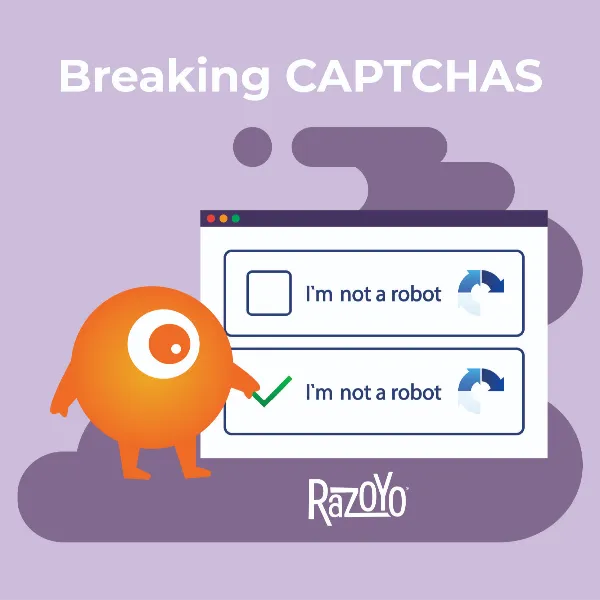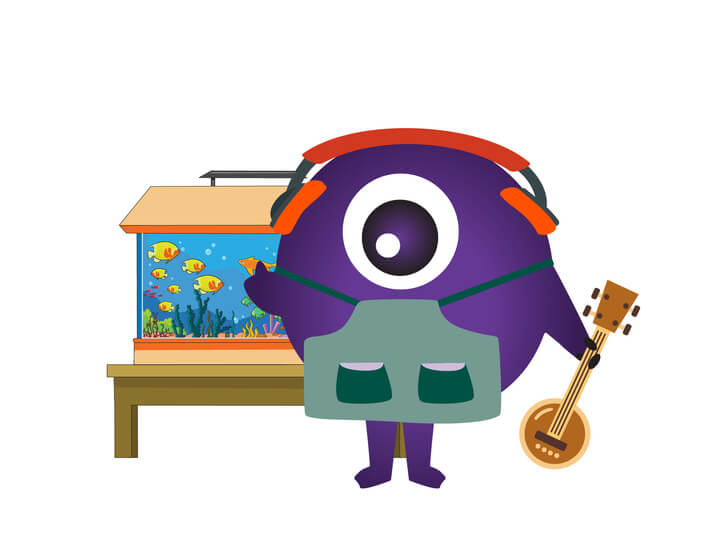
ReCaptcha Comparison


February 22, 2021 by Razoyo Team

It’s really an amazing service that allows software developers to connect to text streams, send out email and customize a communications system.
I would go so far as to say that if you want to communicate with users via text, there really is no competitor. It’s that good.
At the base level, all social media platforms are developed to “facilitate the creation or sharing/exchange of information, ideas, career interests, and other forms of expression via virtual communities and networks”.
Among these online communities and networks, people have the capability to express themselves freely… relatively speaking, within the terms and conditions and community guidelines as dictated by each platform.


The problem with those platforms is that “moderating” dialogue based on flimsy definitions like ‘False News’ and ‘Hate Speech’ means they get to decide what falls into those definitions, while having no responsibility to act in the public interest.

As Mark Zuckerburg said in his address to hundreds of students at Georgetown University, “All of this work is about enforcing our existing policies, not broadening our definition of what is dangerous. If we do this well, we should be able to stop a lot of harm while fighting back against putting additional restrictions on speech.” (Read his whole speech here) While users strongly hope this is something widely adopted by all platforms, this speech was made in October of 2019 - well before current issues with these policies made it into the limelight.
Things change so often, even daily, in our current social climate and it is understandable that the platforms feel the need to create and enforce new guidelines to require civility among users and minimize things like cyber bullying from happening. In addition, some may also argue that Club Facebook has the right to enforce whatever guidelines they choose and even place a couple of bouncers at the door to ensure only people who look and behave to their standards are allowed in.
Enough backstory, back to the real reason we’re here… Twilio, on the other hand, is a completely different story.
Twilio’s job is to serve as the infrastructure and backbone for messaging systems; not to be looking at, let alone responsible for, the messages flowing across its platform. This is especially true when these messages relate to implementations of their systems that they have had no hand in developing.
This policy update also comes at an interesting or coincidental time, and may or may not be in response to current political and social climates being experienced by users across all platforms.
Here’s the important snippet from their AUP that is currently in question by developers and users:

No Inappropriate Content or Users. Do not use the Services to transmit or store any content or communications (commercial or otherwise) that is illegal, harmful, unwanted, inappropriate, objectionable, confirmed to be criminal misinformation, or otherwise poses a threat to the public. This prohibition includes use of the Services by a hate group or content or communications that originate from a hate group or are exploitive, abusive, or hate speech. Read the full policy here
While we want to believe that all users would abide by this policy, you have to admit… it’s a little vague. Especially when it comes to terms like ‘inappropriate’ and ‘objectionable’.
Twilio ostensibly attempted to imitate the current policies of social media platforms like Facebook when crafting their own policy. The issue with Twilio’s policy is they didn’t go to extensive lengths to provide definitional detail as it relates the many vague terms in question.
Let’s say you have a very successful app that sends messages to your users via Twilio. The users include a group of well intentioned individuals, who are otherwise reasonable when it comes to conversations within your app. While users being subject to monitoring within the context of their conversation is relatively normal for most social media networking platforms, Twilio is taking it one step farther.
Twilio will take it upon themselves to monitor and moderate the conversations and messages in YOUR app. If, for example, your users accidentally, or intentionally, make any communications within YOUR application that Twilio deems ‘inappropriate’ or ‘objectionable’ your fully functioning app could have all messaging and communications supported by Twilio shutdown or completely cut off.
Just for imagery sake, I’m imagining a really ballsy player in Jenga who decides they are going to try to pull out a stand alone middle piece that is crucial to the structure of blocks as a whole.
Your app could be out of business and you have no recourse
A recent example of this happening is Amazon Web Services’ (AWS) and their recent decision to pull the plug on hosting services for the social media platform Parler. This completely dismantled Parler’s opportunity in a marketplace that has been begging for a new social media platform that upholds their users rights to “freedom of speech”.

Regardless of where you, Parler, or Twilio fall on the political spectrum, this could have a drastic effect on you and your business.
Parler is hitting AWS back, but their chances in the social media marketplace have already all but vanished into thin air.
Click here to read the lawsuit Parler filed against AWS
There may be hope down the road for the claims Parler is making, but lawsuits take time… (lots and lots of time).
And while there is impending danger among developers and businesses who rely on Twilio for their communications, how strict is Twilio going to be about their policy? How sensitive is their monitoring algorithm?
We’re hoping that at the very least, Twilio will give developers and businesses a warning of policy violations by their users. This would give any developer and business an opportunity to address concerns with or ban the suspected users, groups, or applications before they just cut the cord completely on your entire app.
Another school of thought is that Twilio is writing this rather ambiguous policy as a means of ultimate enforcement - in other words, they won’t actually be enforcing it for little things like a swear word here and there between users… The capability for them to have the ultimate on/off control switch that can be used in the event things get egregious is a bold statement, or as some would say a “Check Mate”.

We’re not saying that users should be allowed to do whatever they want, and we’re also NOT saying that companies should be able to do whatever they want either. While it’s important to make sure users are protected from inflammatory and hurtful statements, it’s even more important to determine, as a whole, where exactly the line is drawn. Current definitions and determinations continue to unintentionally limit users and companies, alike.
Twilio, and AWS for that matter, are not companies that are creating works of art or expressions of their own. They are simply providing the pipes and cisterns of information to flow. Any extension, use, or application involving the service that is their base infrastructure, they have asserted an ultimate control over. In today’s world, that means they control access to the marketplace of ideas that are not originated by them.
Among these many concerns are the millions of users who are also subject to confusing terms and conditions, undefined authoritative policies, and questionable means of enforcement.
What do you think? Where should the line be drawn? What’s next? We’d love to know!
These links open AI platforms with pre-written prompts about this page.
Orange Lightest Background
Orange Light Background
Orange Medium Background
Orange Dark Background
Orange Darkest Background
Purple Lightest Background
Purple Light Background
Purple Medium Background
Purple Dark Background
Purple Darkest Background
We use cookies to improve your experience. Do you accept?
To find out more about the types of cookies, as well as who sends them on our website, please visit our cookie policy and privacy policy.